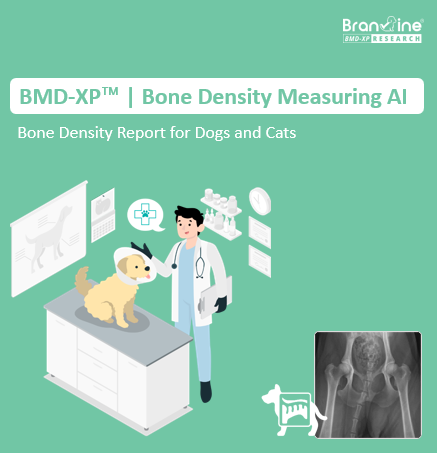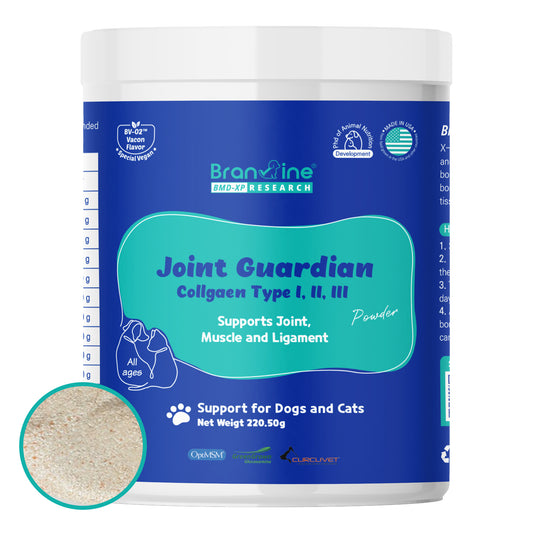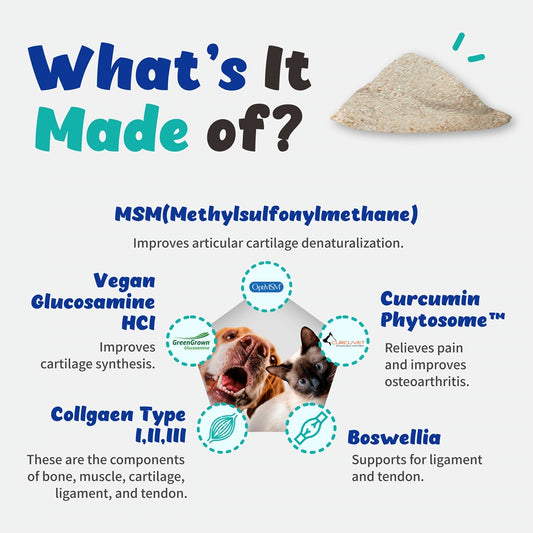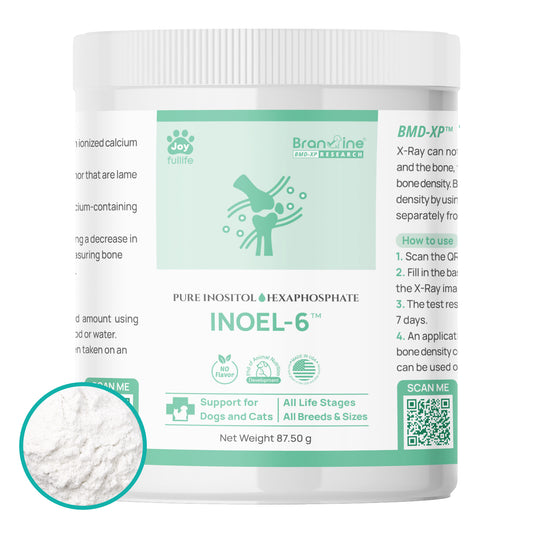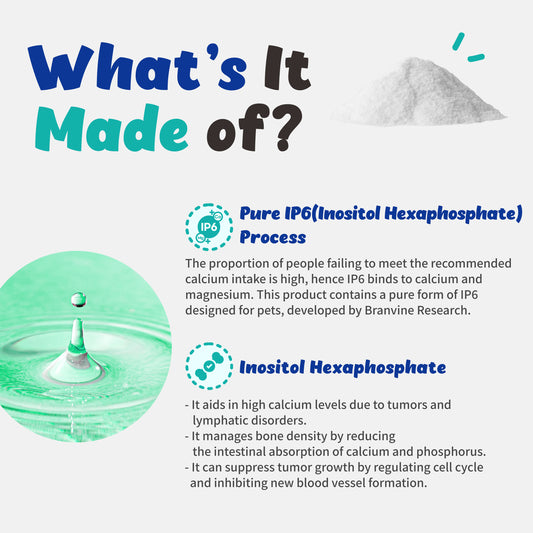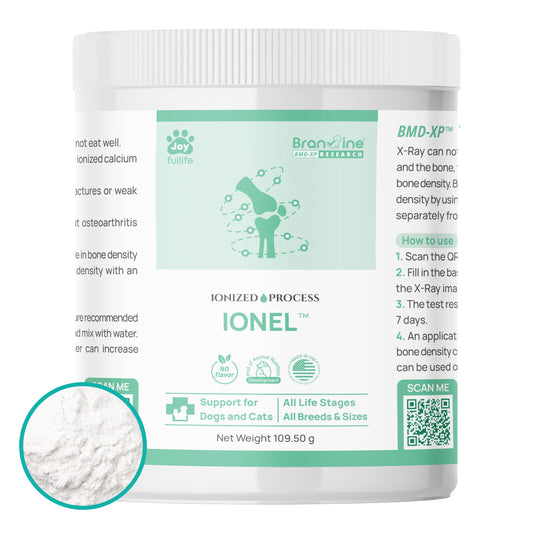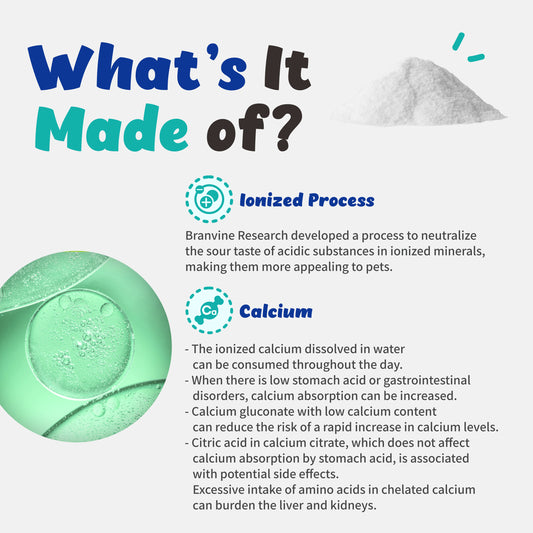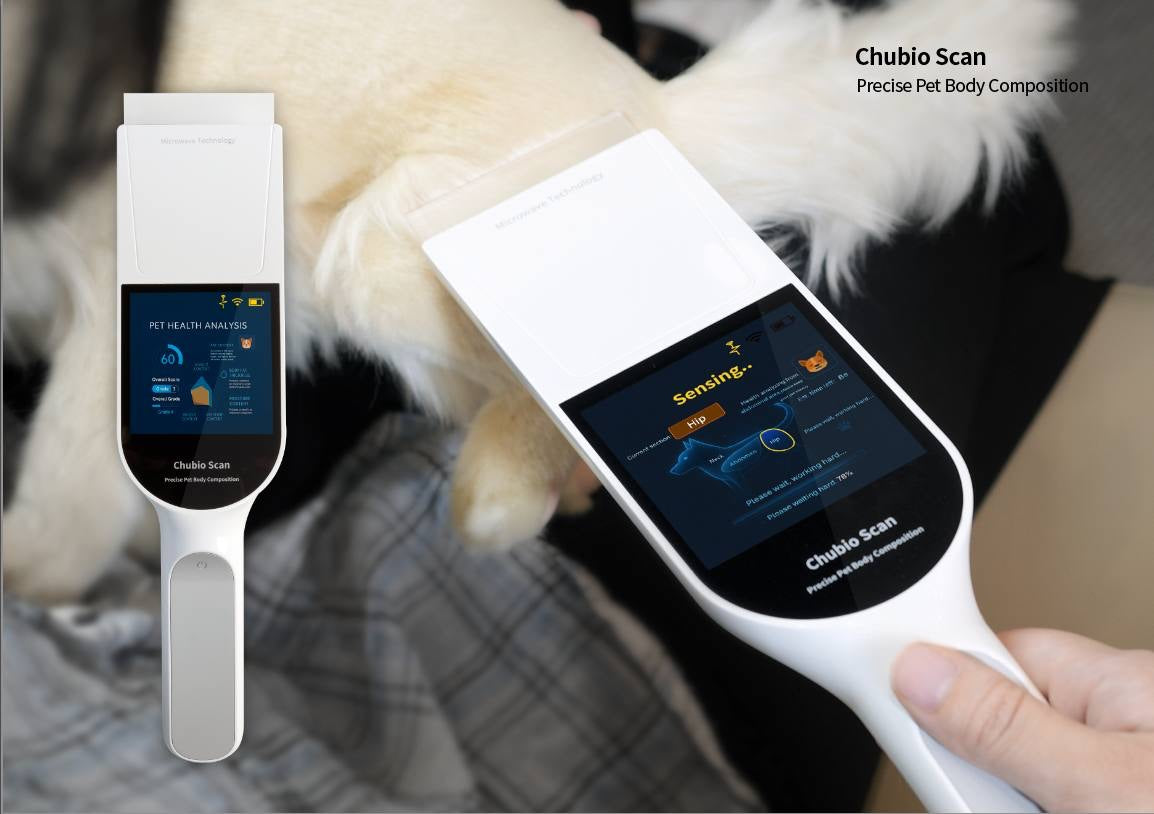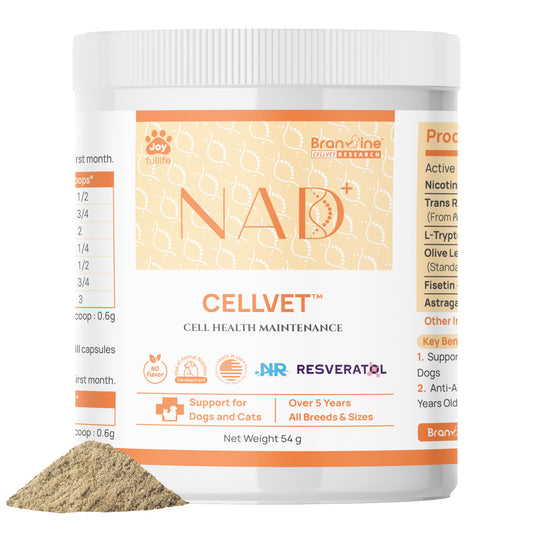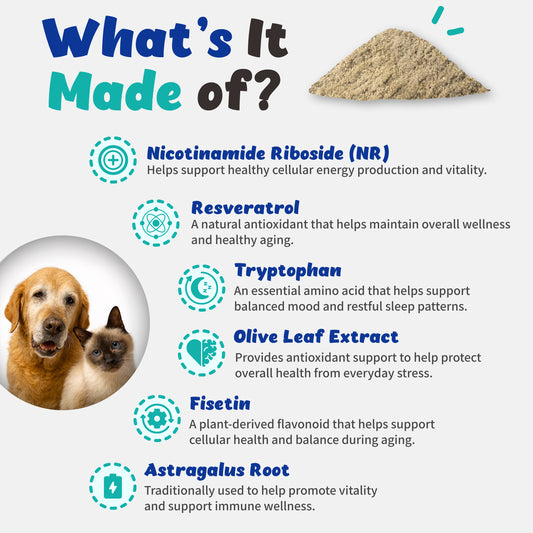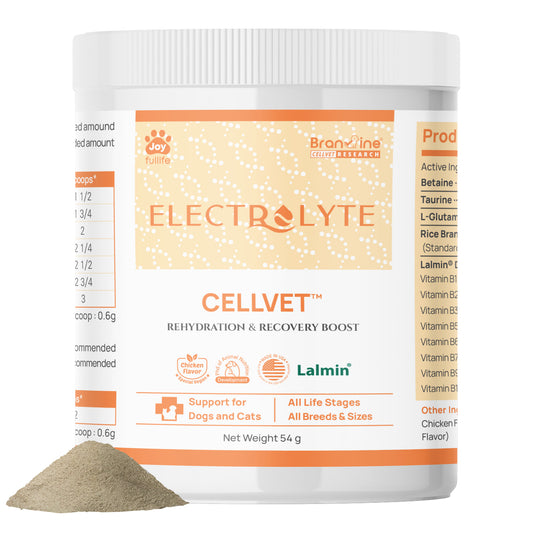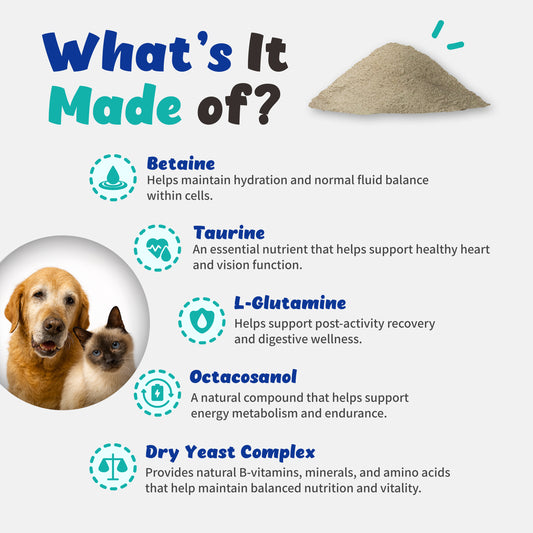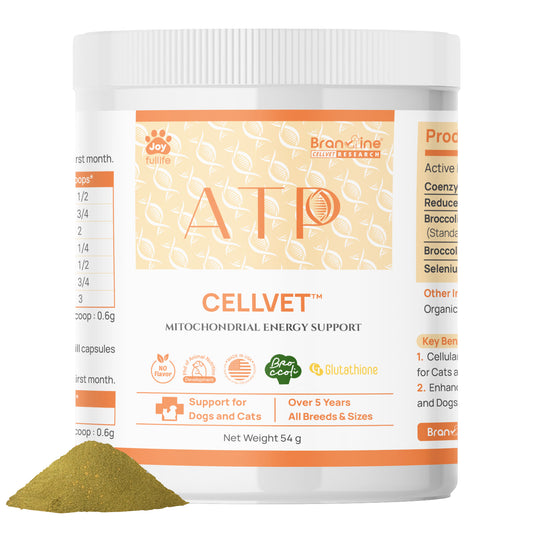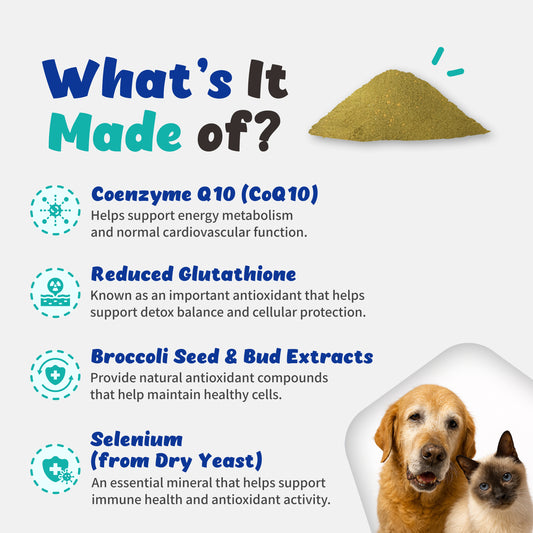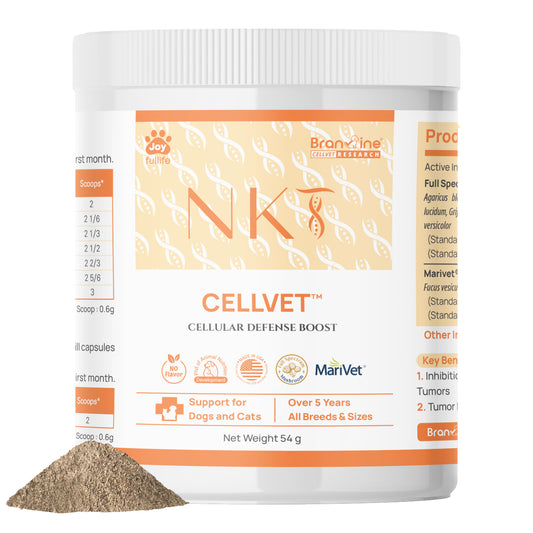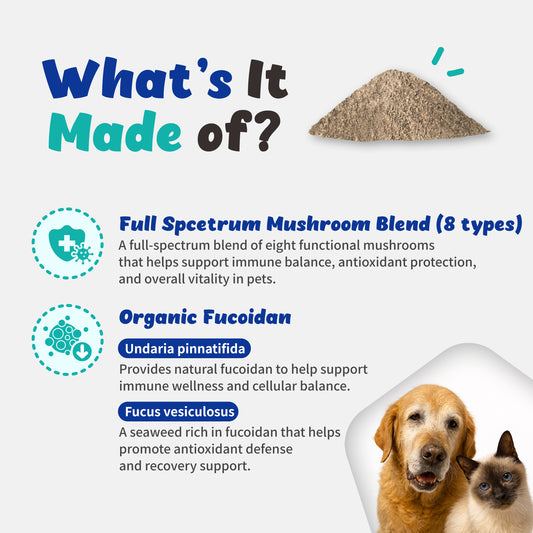Do not feed Tylenol and pain relievers to dogs and cats.
I believe most dog and cat lovers already know this, right?
I would like to explain pharmacologically why you should not feed Tylenol to dogs and cats.

When a drug is ingested,
- 1. Absorption: It is absorbed in the stomach and intestines.
- 2. Distribution: It is distributed from the intestines to surrounding organs such as the liver through the bloodstream.
- 3. Metabolism: The liver solubilizes the drug and weakens the toxicity, and transports it to other organs.
- 4. Excretion: It is excreted through the kidneys and urinary tract.
This process is the same for humans, dogs and cats.

However, the difference is there are two phases of metabolism in the liver:
Phase I and Phase II.
Phase I is to dissolve the drug in water, and Phase II is to weaken the toxicity of the drug and maximize its solubility. In the case of Phase I, cytochrome 450 enzyme is responsible for this, and about 60 components are known.
Because cytochrome 450 components are different for humans, dogs, and cats, and Tylenol is a prescription drug that has been proven to have no problems with human liver metabolism, it means that dogs and cats may have difficulty metabolizing it in the liver when they eat it.
Cats are more sensitive to Tylenol because they have less glucuronizing activity of phenolic compounds in Phase 2.
**Conclusion: The reason dogs and cats shouldn't take Tylenol is because the composition of the liver enzyme cytochrome 450 is different from that of humans.

